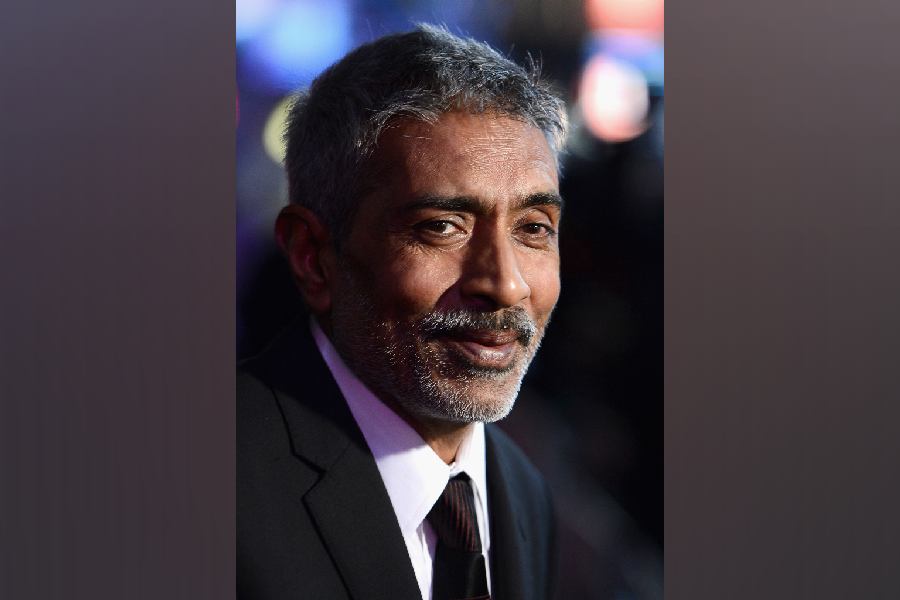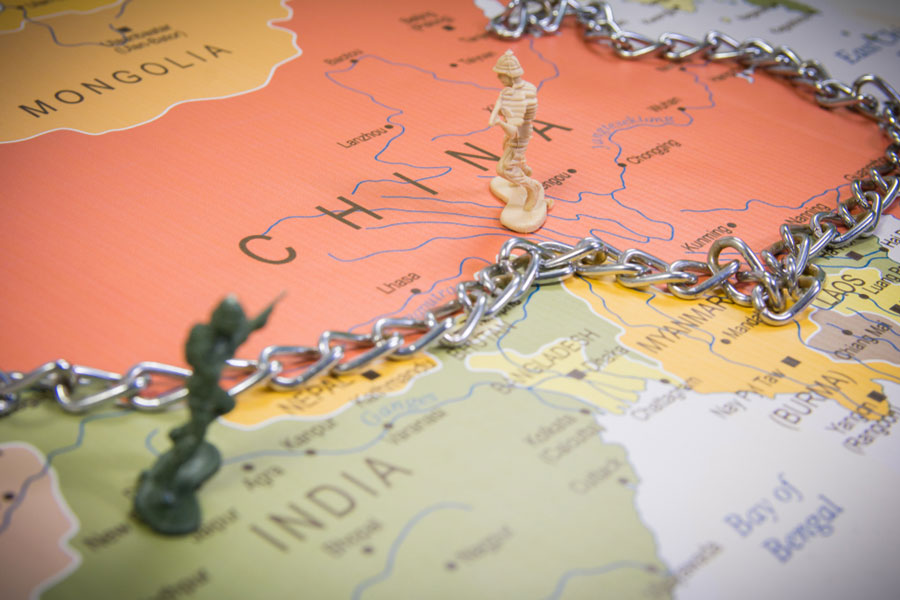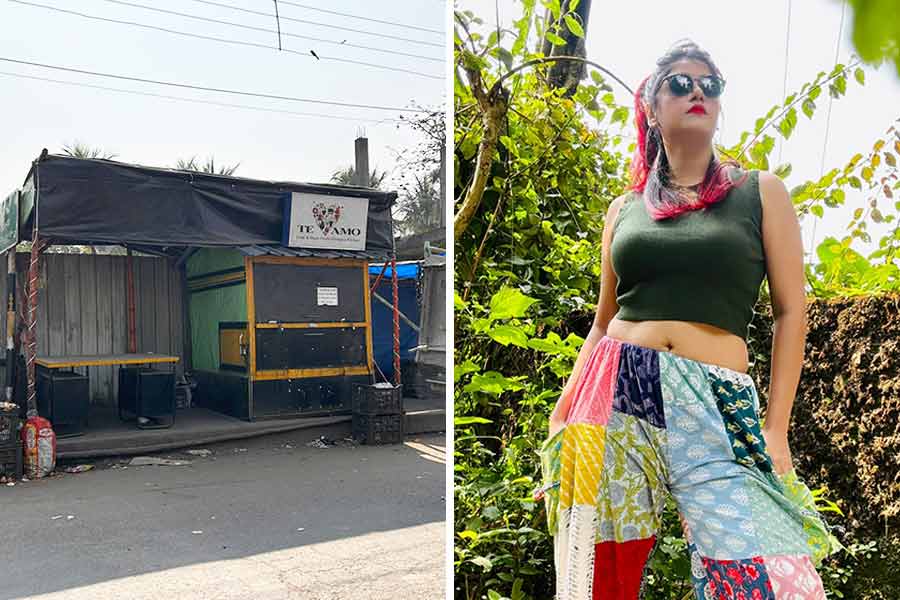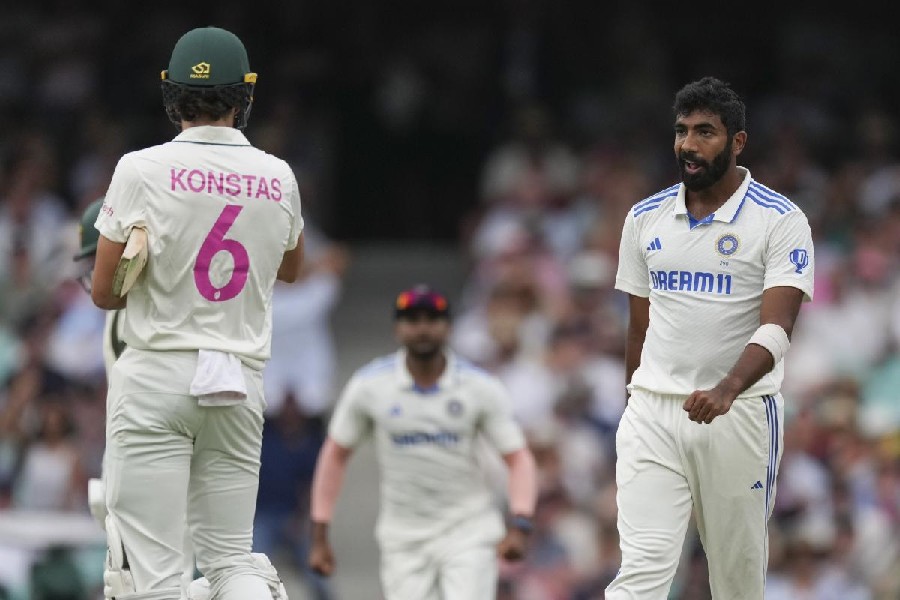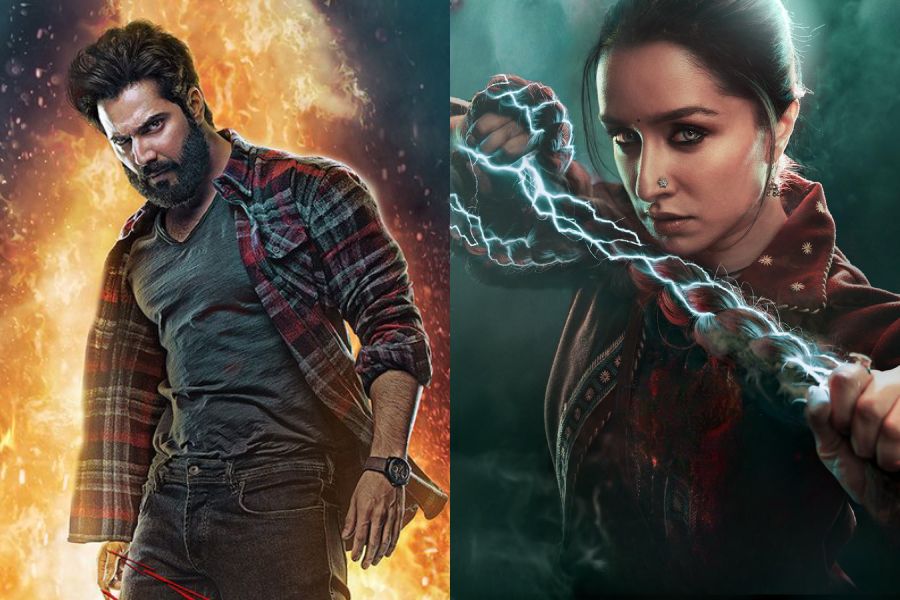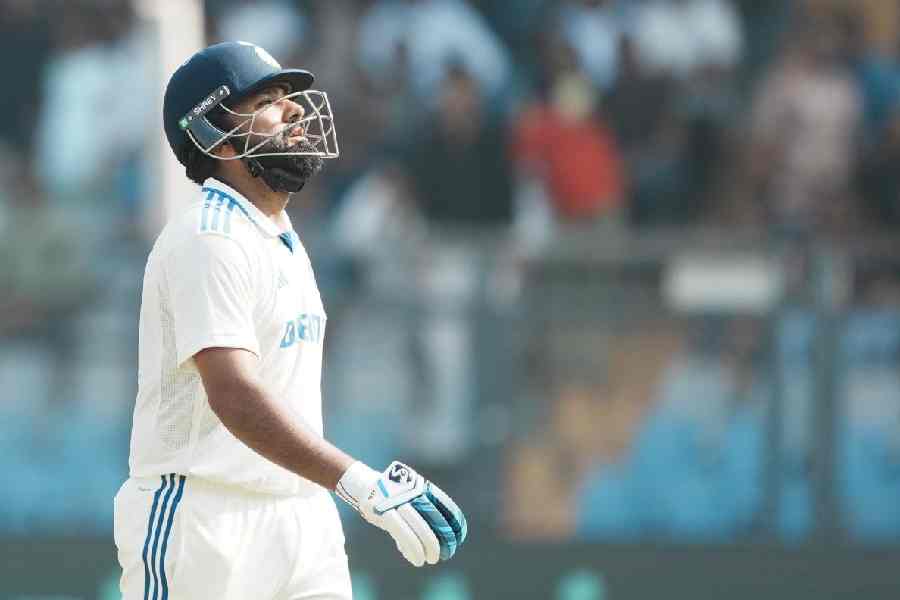Noted filmmaker Prakash Jha on Friday said writing the script of a film is the most difficult part of filmmaking.
Jha said he drafts his films several times over and lets them pass through rigorous scrutiny by the best script writers of the industry before they are finalised.
Once a film's script is ready, making it becomes easy, Jha said at the inaugural session of the second edition of the Crime Literature Festival of India.
He said it took him eight years to write the script of Gangaajal and six to write Rajneeti during which their drafts were written several times over.
"Writing the script of a movie is a time-taking process but I enjoy it thoroughly. It took me eight years to write the script of Gangaajal. I wrote it 13 times. It took me six years to write Rajneeti," said Jha, famous for making socially and politically relevant films like Gangaajal, Apharan, Rajneeti and Arakshan.
Describing the crime literature festival as a unique event since it was dedicated to one single genre of crime literature, Jha said crime comes naturally to humans and without crime the best of our epics like the Ramayana or the Mahabharata could not have been written.
It is the wrongs done by the characters of these epics that take their stories forward and make them acquire their epic scale, he said.
"I am basically a story teller and I feel 'kahaniyan ghatnaon se nahin durghatnao se banti hain' (stories are made out of bad incidents rather than good incidents)," he said.
Referring in a lighter vein to chief guest Mata Shri Mangla's speech in which she spoke highly about a crime-free society, Jha said, "I wonder from where I would bring my stories if there was no crime in society." "Crime comes from within us. If there was no crime there would have been no policing. We all have criminal instincts. Why do children tend to do things they are forbidden to do," he said.
Describing crime as a complex subject, he said those who commit crime are not necessarily bad people.
Citing the example of one of his films Pariksha released on OTT during the Covid pandemic, he said it is about a rickshaw puller who begins to steal things and sell them to fund the education of his son who is good at his studies.
"Would you call him a criminal"? Chairman of the festival and former Uttarakhand DGP Ashok Kumar said the idea to hold an event like this came to him as he wanted to bust the myths about the police force.
"The prevailing notion was that like the typical Bollywood movie scene, police arrives in the end when the crime has been committed and the criminals have fled. I wanted to tell people about the rigours and pressures of the job and the professional triumphs of police personnel which often go unnoticed," he said.
Except for the headline, this story has not been edited by The Telegraph Online staff and has been published from a syndicated feed.

